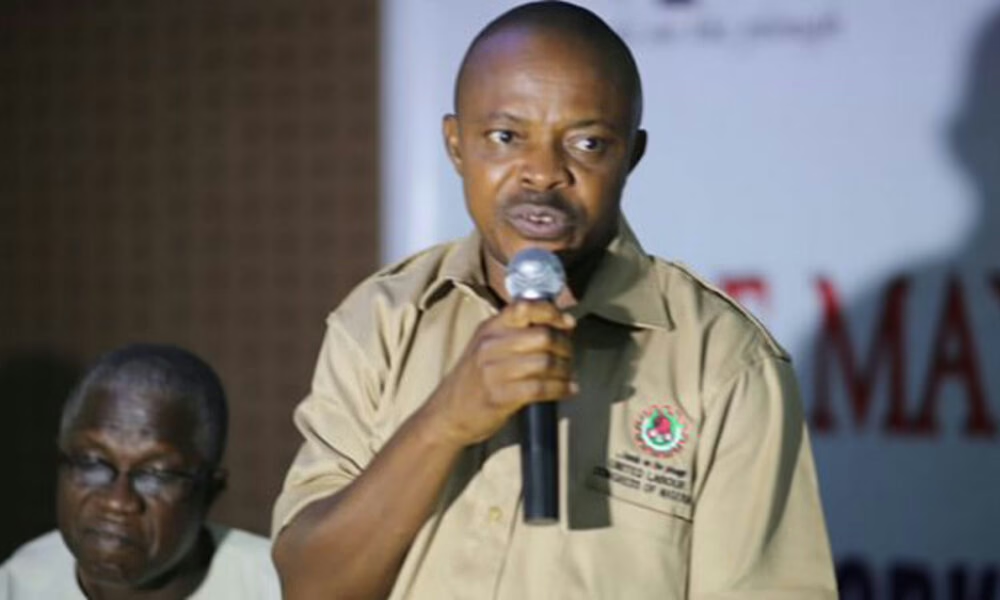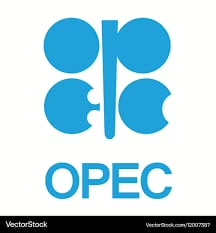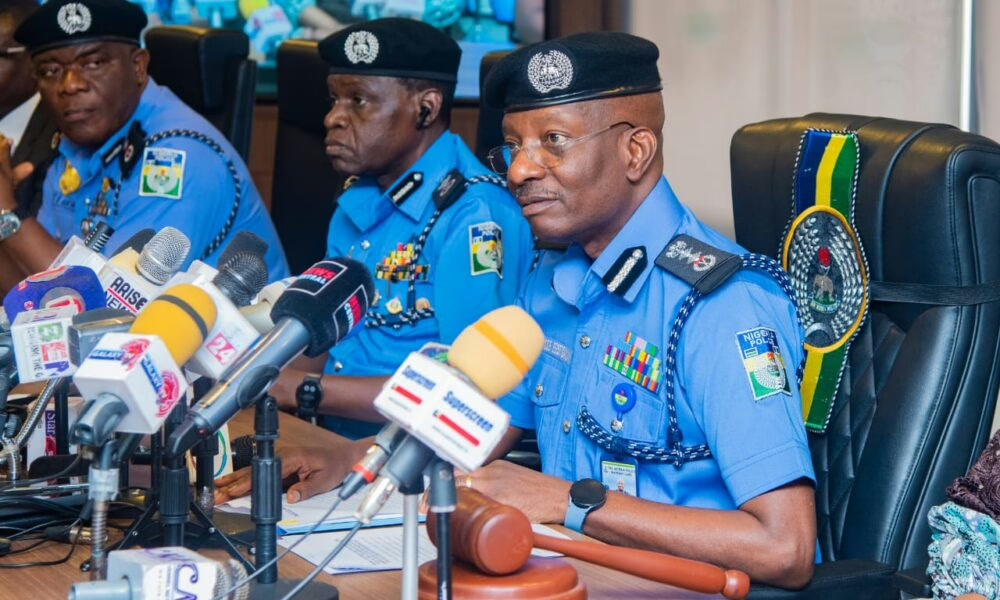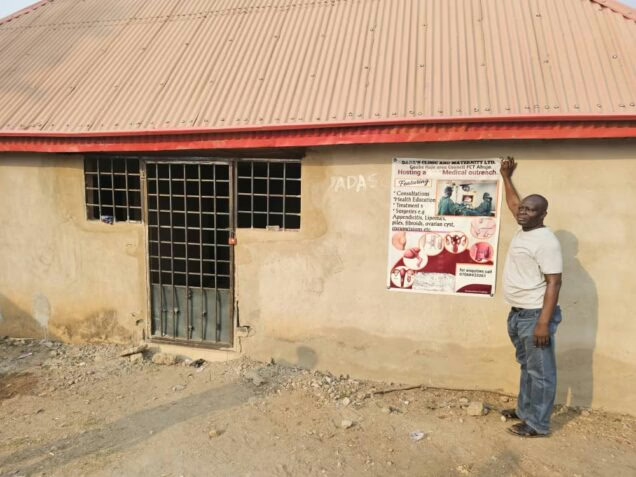President Donald J. Trump is actively reshaping the global political landscape, navigating the tension between globalization and fragmentation to establish a new order in the United States and, by extension, the world.
Before delving further into this discussion, I must disclose that I am an unapologetic supporter of the 47th President of the United States, Donald J. Trump. My support stems from my belief that he is undeniably a catalyst for change.
Many, including Democratic presidential candidate Joe Biden and former Vice President Kamala Harris, have accused Trump of seeking to dismantle democracy. However, a more accurate assessment is that he is challenging the status quo in Washington through radical policy shifts. While Democrats frame his actions as threat to democracy, I see this as a misleading narrative.
Despite the alarm raised by his opponents, American voters prioritized economic concerns—rising inflation, the high cost of living, soaring housing prices, and the influx of undocumented immigrants— over the warnings about democracy. It was these pressing issues that motivated voters to support Trump’s return to the White House.
The more than 77 million Americans who voted for him did so because they believe he was elected to address what they see as a “woke” and financially struggling America. According to the Oxford Dictionary, “woke” refers to those who are socially aware but is often used pejoratively to describe individuals perceived as self-righteous or overly dogmatic in their advocacy.
True to his promises, Trump wasted no time in implementing his agenda. During his inauguration, he took a strong stance against “woke” ideology by affirming that the U.S. Constitution recognizes only two genders—male and female—a direct challenge to the LGBTQ+ community. He has since followed through on his pledges by signing a series of executive orders aimed at radically reshaping America.
From my perspective, Trump is simply fulfilling the commitments he made during his campaign. The backlash from those negatively affected by his policies is therefore unsurprising, yet it should not overshadow the fact that he is delivering the change that millions of Americans willingly voted for, believing it will restore the country’s greatness.
As someone who embraces change, I am excited to see a leader who challenges the status quo in public leadership finally take charge. That leader is Donald J. Trump, who has now assumed office in the White House, the seat of U.S. political power.
As the leader of the free world, the U.S. exerts enormous influence on global affairs, reinforcing the popular saying: when America sneezes, the rest of the world catches cold. This is evident in Trump’s decision to impose tariffs on key trading partners—25% on Mexico, 25% on general goods plus Canadian 10% on Canadian oil, and 10% on China—primarily to curb illegal immigration and combat the flow of fentanyl, a deadly drug ravaging American communities.
Before Trump even took office, his threats of tariff hikes caused global concern. However, World Trade Organization (WTO) Director-General, Dr. Ngozi Okonjo-Iweala, speaking at the World Economic Forum (WEF) in Davos, urged caution: “I am concerned, but my approach is to stay calm. Let’s wait to see what policies are actually enacted before overreacting.”
Despite this advice, some countries affected by the new tariffs —especially Mexico and Canada—have already announced retaliatory tariffs, raising fears of an all-out trade war. Meanwhile, China has opted for a legal approach, filing complaints against the U.S. through the WTO.
Advertisement
As the head of the WTO, Dr. Okonjo-Iweala will play a crucial role in resolving this looming global trade conflict. Given her extensive experience—including her tenure at the World Bank and her ongoing second term as WTO chief—there is hope that she can help de-escalate tensions.
Anticipating the economic impact of the trade war, President Trump has urged Americans to brace for temporary hardships, acknowledging that tariffs might contribute to inflation. However, he remains confident that the outcome will ultimately benefit the country, declaring: “This will be the golden age of America. Will there be some pain? Yes. But we will make America great again, and it will be worth the price.”
This sentiment is reminiscent of Nigerian President Bola Tinubu’s remarks when he removed the long-standing fuel subsidy and floated the naira, leading to economic hardship for Nigerians. He reassured the nation, saying: “I understand that our people are suffering, but there can be no childbirth without pain. The joy of childbirth is the baby. Relief comes after the pain. Nigeria is being reborn.”
Trump’s policies signal a fundamental shift away from globalization—a concept introduced between 1870 and 1914 and later popularized in 1983 by economist Theodore Levitt in “The Globalization of Markets.” The current global order, shaped by decades of economic integration, now faces disruption under Trump’s America First doctrine, which prioritizes national interests over international cooperation.
Interestingly, Trump’s long-held stance on tariffs is not new. In a resurfaced 1978 interview with Oprah Winfrey, he expressed similar views, making it clear that his current trade policies have been decades in the making.
While trade wars typically harm weaker economies (when elephants fight, the grass suffers), Africa might stand to benefit from this geopolitical shift. As tensions escalate among major trading partners—U.S., Canada, Mexico, and China—Africa, historically seen as merely a source of raw materials, could emerge as an alternative manufacturing hub.
For instance, Nigeria’s oil exports to the U.S. declined significantly under President Barack Obama, with Canada and Mexico becoming America’s top crude suppliers. However, if the trade war leads to disruptions in North American oil exports, Trump may turn back to Nigeria, currently the 8th largest supplier, to fill the gap.
Rather than viewing Trump’s policies as purely negative, it may be worth considering the potential opportunities they create for Africa. Instead of getting caught up in narratives of doom and gloom, could this be a moment for the continent to reposition itself as a key player in the evolving global trade landscape?
It is time for the world to recognize that Africa is not a problem to be solved but a vital part of the global solution. The continent holds vast reserves of critical minerals essential for the energy transition that the world desperately seeks. Rather than being viewed merely as a supplier of raw materials, Africa should be seen as a prime destination for investment and industrial partnerships.
There is a well-known economic principle that a rising tide lifts all boats and yachts. In that spirit, industrialized nations like the U.S. and China must acknowledge that Africa—home to 54 countries and a population of approximately 1.5 billion, larger than China’s 1.3 billion and rivaling India’s 1.4 billion—is not a charity case but an investment opportunity.
As a long-time advocate for Africa’s economic resurgence, I have consistently argued that the continent needs trade, not aid. It is imperative that major global economies shift their perception of Africa from a passive recipient of aid to an active economic partner. Historically, Africa has been exploited—most notably through the partitioning of the continent at the 1884– 1885 Berlin Conference, where European powers divided African territories for their own benefit. As a result, Africa has remained marginalized in global trade, accounting for less than 3% of total global trade, despite having 18% of the world’s population.











